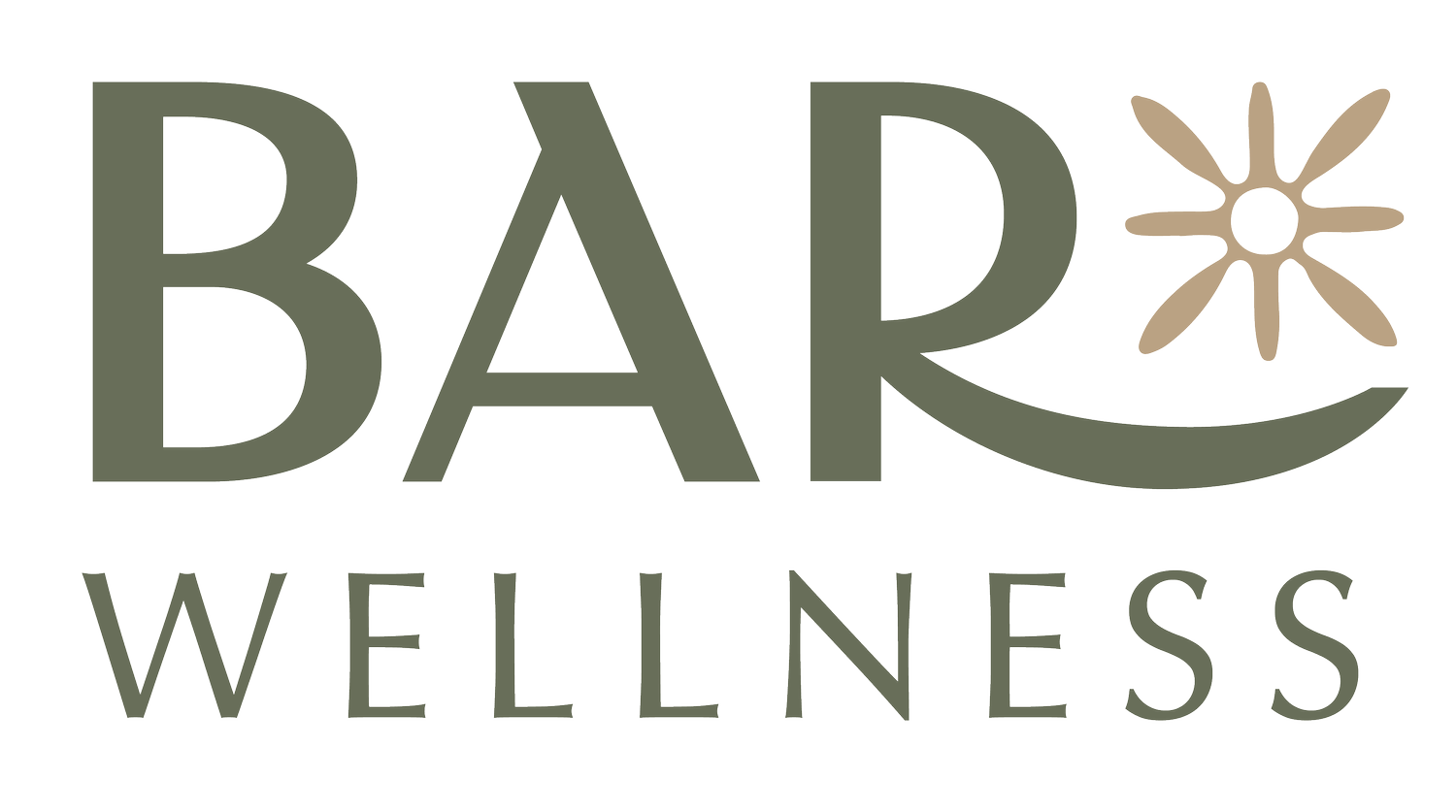Creatine for Midlife Women: Helpful Boost or Just Hype?
Many women have been asking about Creatine lately! As I write this in the summer of 2025, it seems to be all the rage. Clearly, this supplement—once thought to be the domain of bodybuilders and college athletes—is making its way into conversations among women in midlife.
And I’ll admit, it caught my attention too.
Maybe you’ve heard about creatine on late-night TV, seen it on the shelves at your local health store, or even had a yoga teacher or trainer mention it. But is creatine really useful for women in their 40s, 50s, and beyond—or is it just another wellness fad?
Let’s dig in.
What Exactly Is Creatine?
Creatine is a naturally occurring compound made from amino acids. Your body makes some on its own, and you also get a little from foods like red meat and fish. It’s stored primarily in your muscles, where it plays a role in producing energy, particularly the kind you need for short, high-intensity bursts of activity.
Unlike protein, which builds and repairs tissues, creatine’s job is to “refuel” your muscles quickly. Think of it as the spark plug that gives your muscles the quick energy to power through that last set of squats or an uphill sprint.
That’s why athletes and fitness enthusiasts have leaned on it for decades. But new research is showing it may have value for more than just building biceps.
The Potential Benefits of Creatine in Midlife
So what does the science say about creatine and women in midlife? Here are three key areas where it may help:
Strength and Endurance
Creatine has been shown to support muscle strength and workout endurance. As women age, maintaining lean muscle mass is crucial—not just for looking toned, but for metabolism, joint stability, and long-term independence. Creatine can help you push harder in your workouts and recover faster, which may add up to greater gains over time.Cognitive Health
Perhaps the most exciting emerging benefit: brain support. Some studies suggest creatine may improve memory and mental clarity, particularly in older adults or during times of stress and fatigue. Since cognitive changes are a common concern in midlife, this area deserves attention.Recovery and Fatigue
Many women report feeling less sore and fatigued when supplementing with creatine. Faster recovery means you can stay more consistent with exercise, which is half the battle when it comes to maintaining strength and health in midlife.
Could It Help with Bone Health Too?
Here’s where it gets interesting: research indicates that creatine, when combined with resistance training, may help improve bone mineral density. That’s a big deal for midlife women, since bone loss accelerates after menopause.
But here’s the catch—most studies show these benefits only appear with long-term supplementation and consistent strength training. In fact, one study suggested improvements in bone density might take up to a year of combining creatine with moderate resistance training. Creatine alone doesn’t appear to move the needle on bone health.
Who Might Benefit the Most?
Not every midlife woman needs creatine. But certain groups might see real advantages:
Active women who regularly strength-train or exercise intensely and want an extra performance edge.
Those concerned about age-related muscle loss who want to maintain strength, metabolism, and mobility.
Women focused on brain health, particularly those experiencing fatigue or “brain fog.”
Anyone at higher risk of bone loss who is already committed to regular resistance training.
If you fall into one of these categories, creatine might be worth considering.
Important Things to Keep in Mind
Like any supplement, creatine isn’t without considerations:
Digestive Discomfort: Some women experience mild bloating or stomach upset. Splitting the dose or starting small can help.
Hydration Needs: Creatine draws water into muscle cells, so staying well-hydrated is key.
Kidney/Liver Health: Women with pre-existing kidney or liver concerns should consult a healthcare provider before trying it.
Weight Changes: The water retention effect can mean a few pounds of weight gain—not fat, but worth knowing.
Commitment Matters: The biggest benefits come with consistent supplementation and resistance training over the long term.
My Professional Take
Here’s where I land: creatine is promising, and the science is solid enough to suggest real benefits for some midlife women. But it’s not a magic powder, and it isn’t necessary for everyone.
If you’re working out regularly (I’m talking at least 3–5 times a week with strength training included) and want to maximize your results, creatine may give you that extra boost. It might also be a smart add-on if you’re focused on brain or bone health.
That said, for many women—especially those just starting their wellness journey—I still recommend focusing first on a high-quality protein powder and foundational nutrition. Protein supports muscle, metabolism, recovery, and energy in a more direct, everyday way. It’s often simpler, more affordable, and a less intimidating first step.
Think of creatine as an optional tool in the toolbox—not the starting point.
The Bottom Line
Creatine can absolutely be beneficial for midlife women, but it’s most effective for those committed to consistent, long-term exercise and supplementation. For others, strong nutrition habits and adequate protein may be all you need.
As with any supplement, personalization is key. If you’re curious, talk with a knowledgeable provider, (like me! 😊) consider your goals, and weigh the commitment required.
And if you’re already using creatine, I’d love to hear your experience—what changes have you noticed in your energy, workouts, or recovery?
Sources for Further Reading:
Nutrition Reviews: Creatine and Memory
Nutrients: Creatine and Women’s Health
